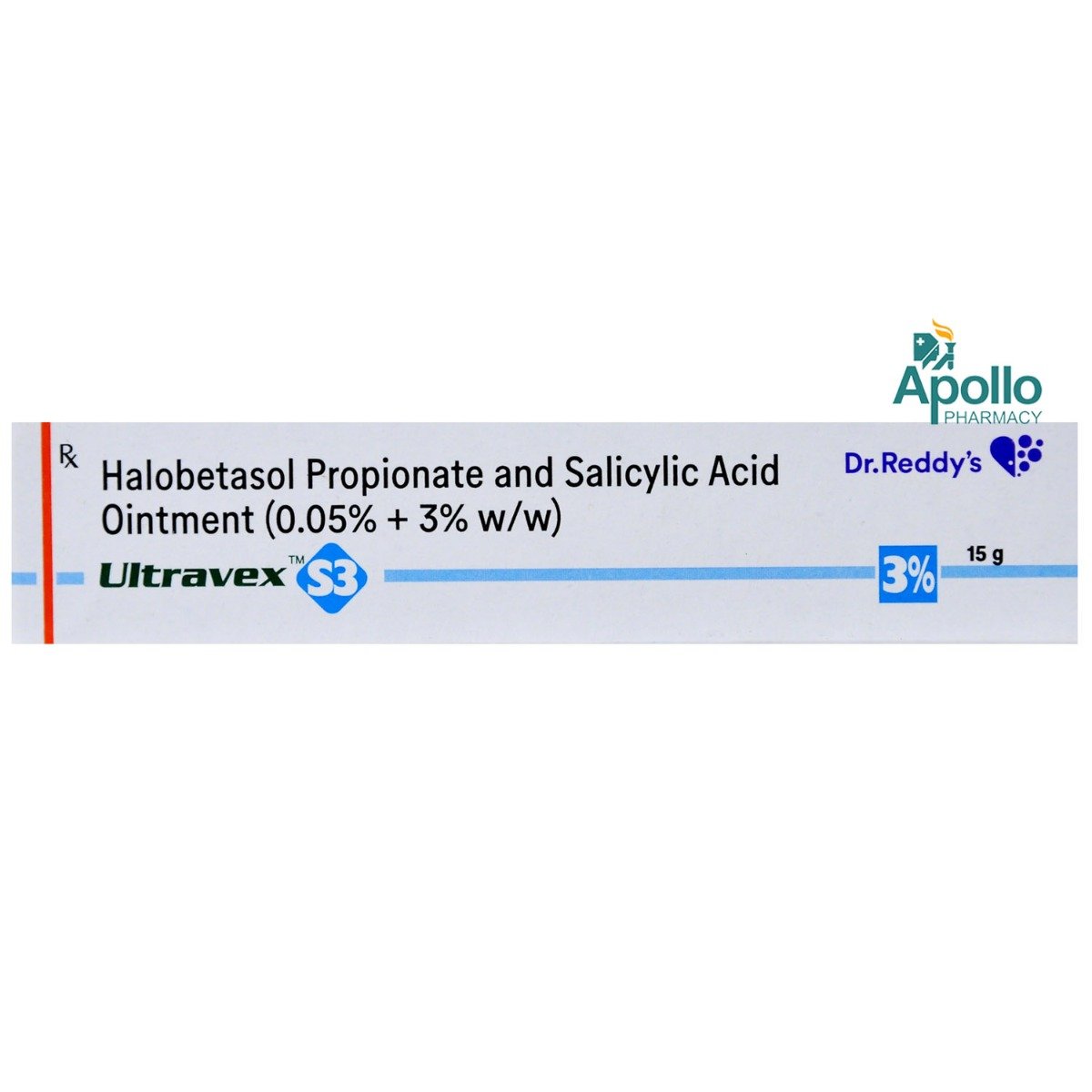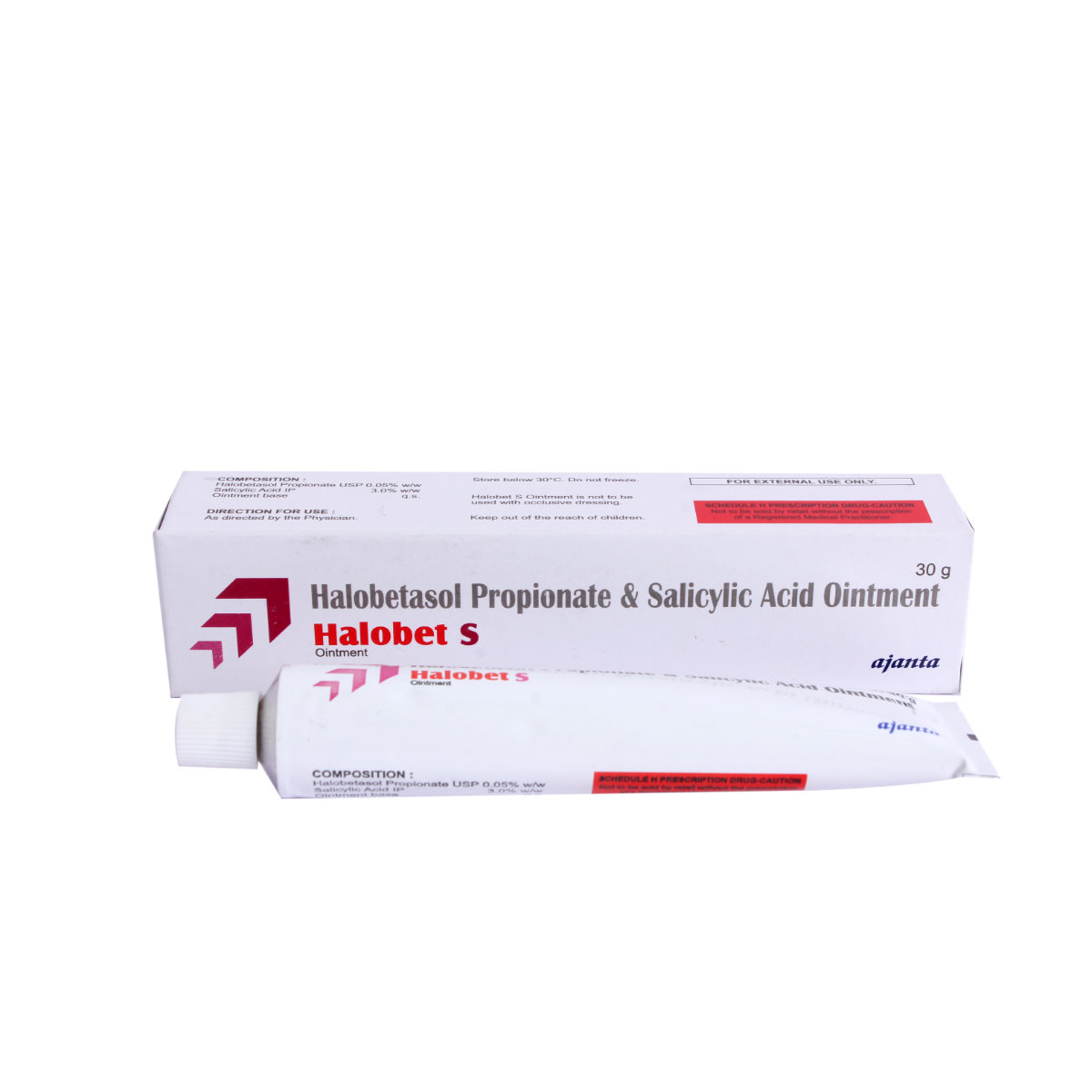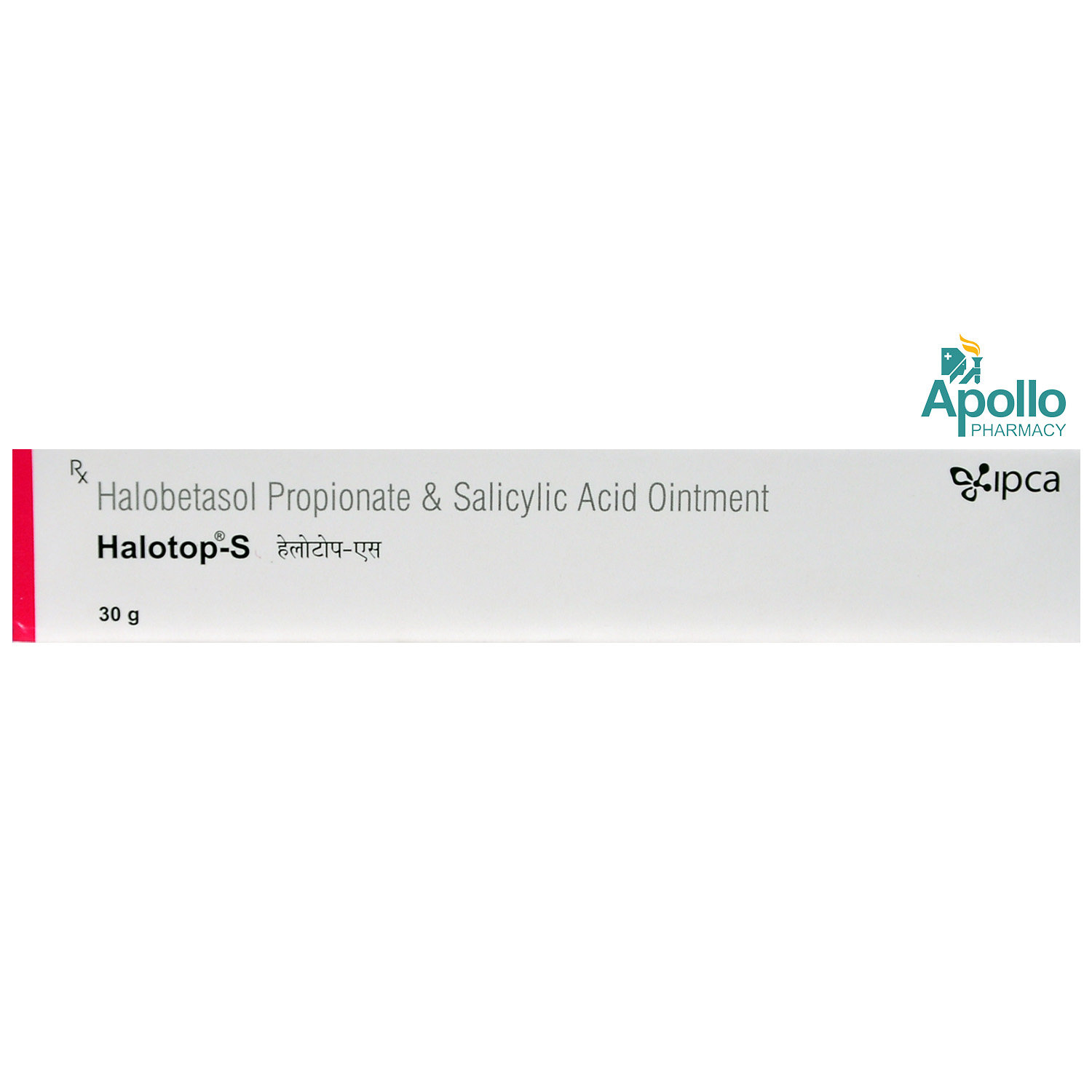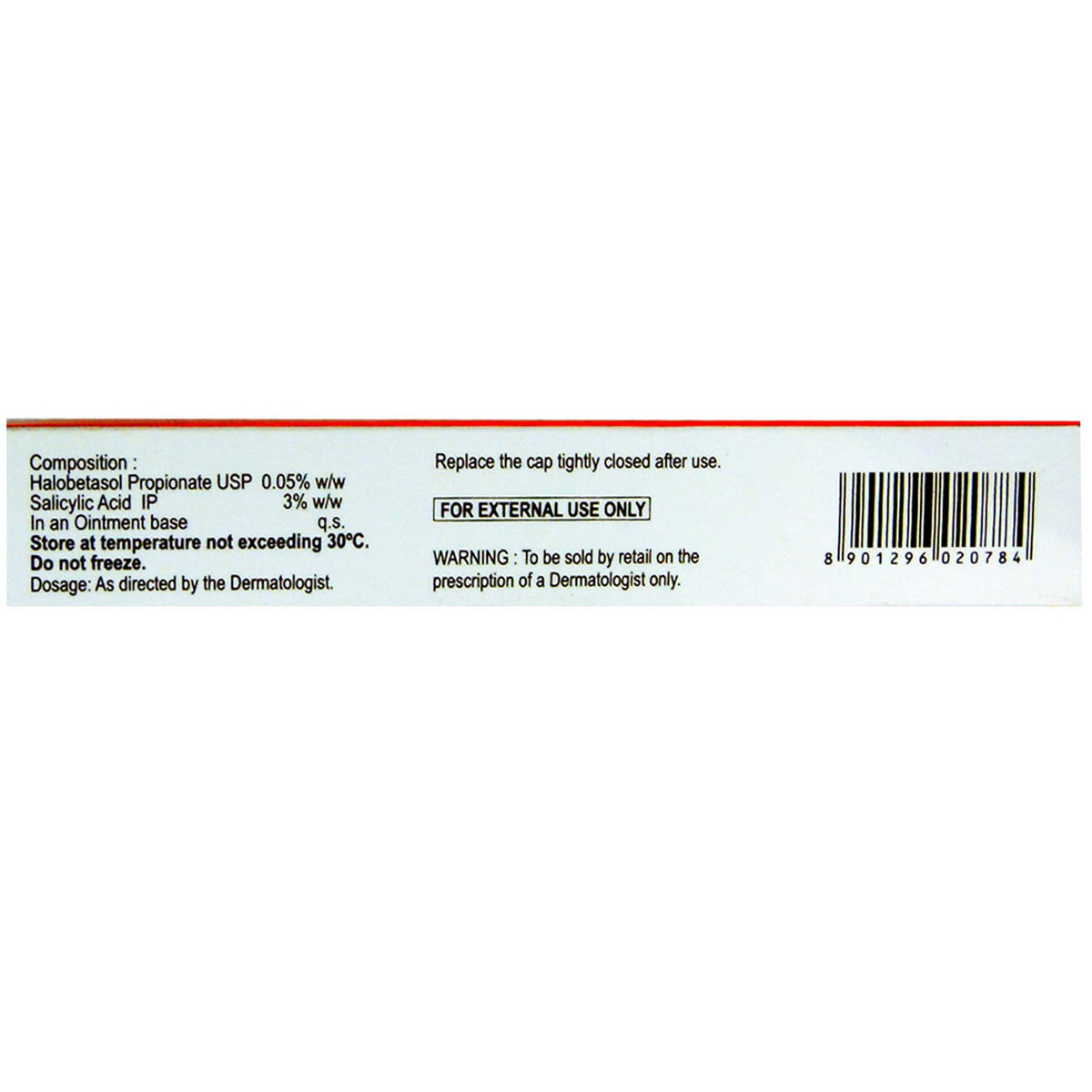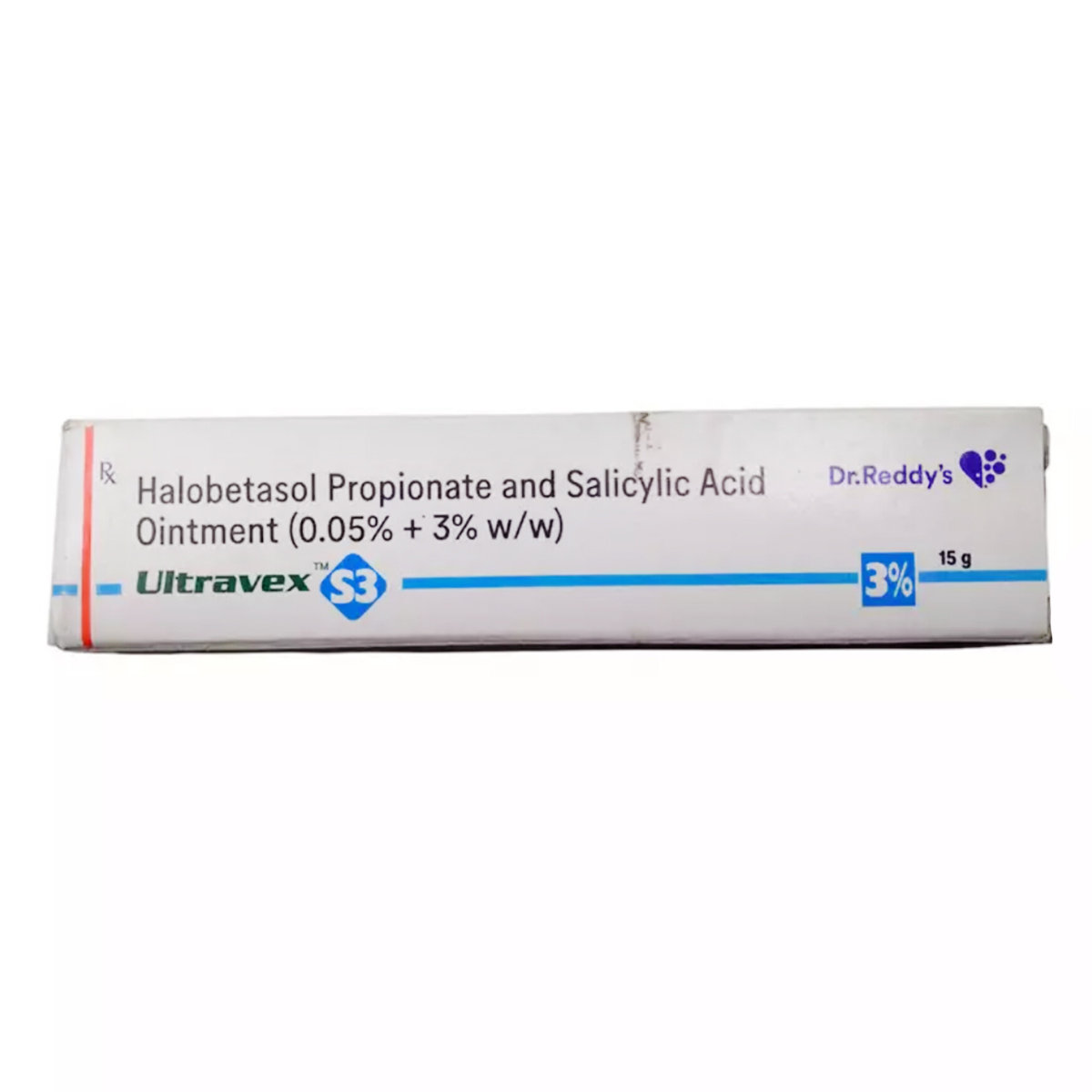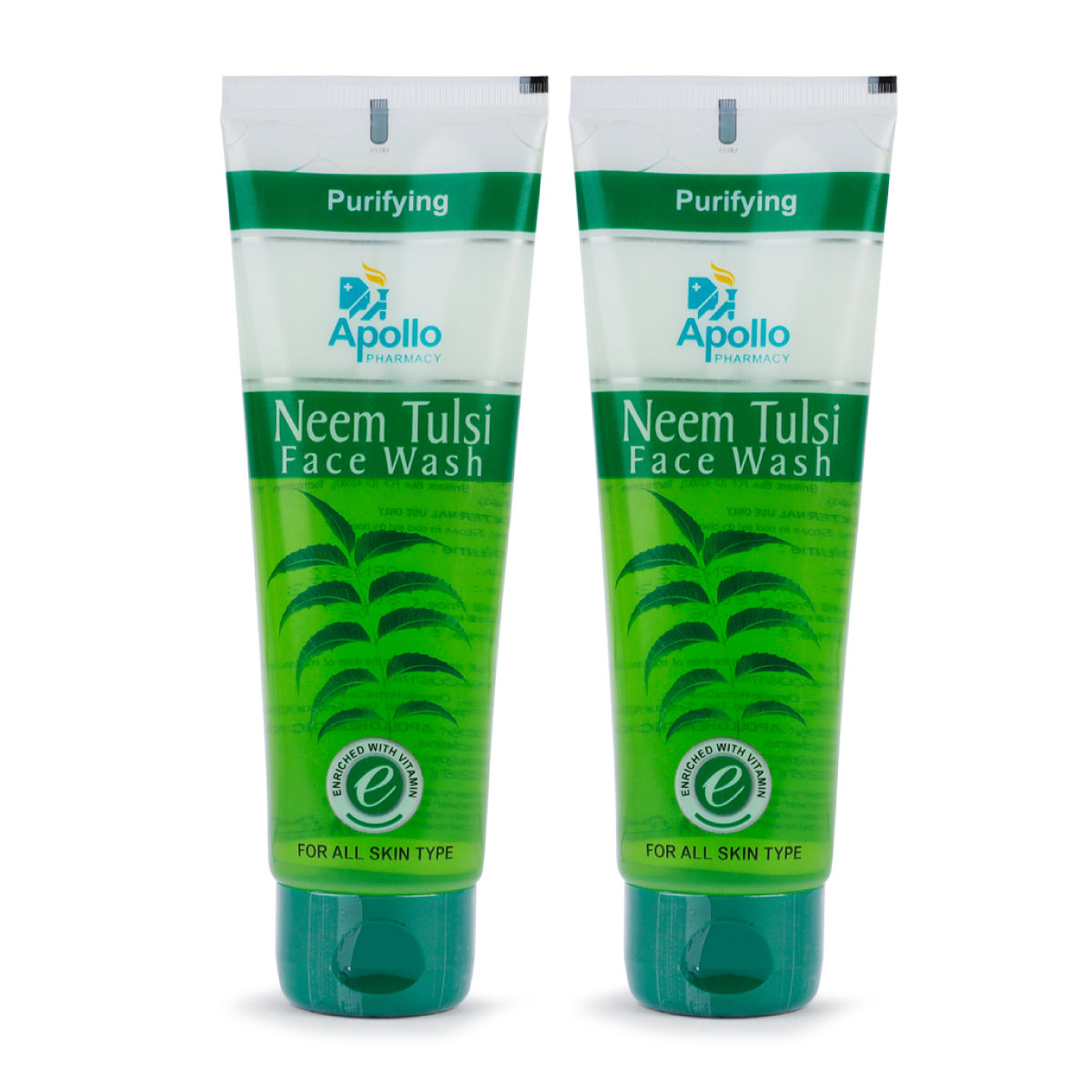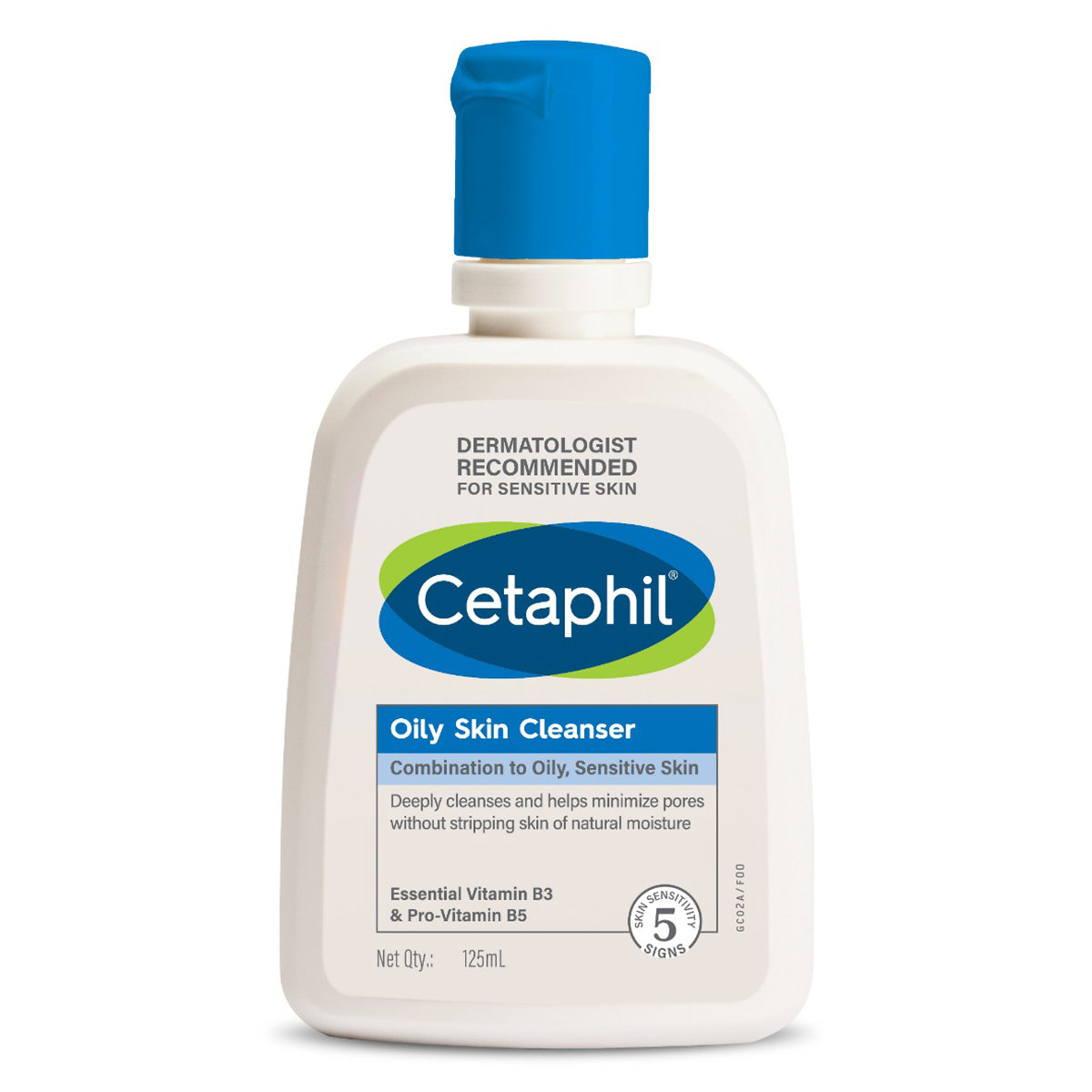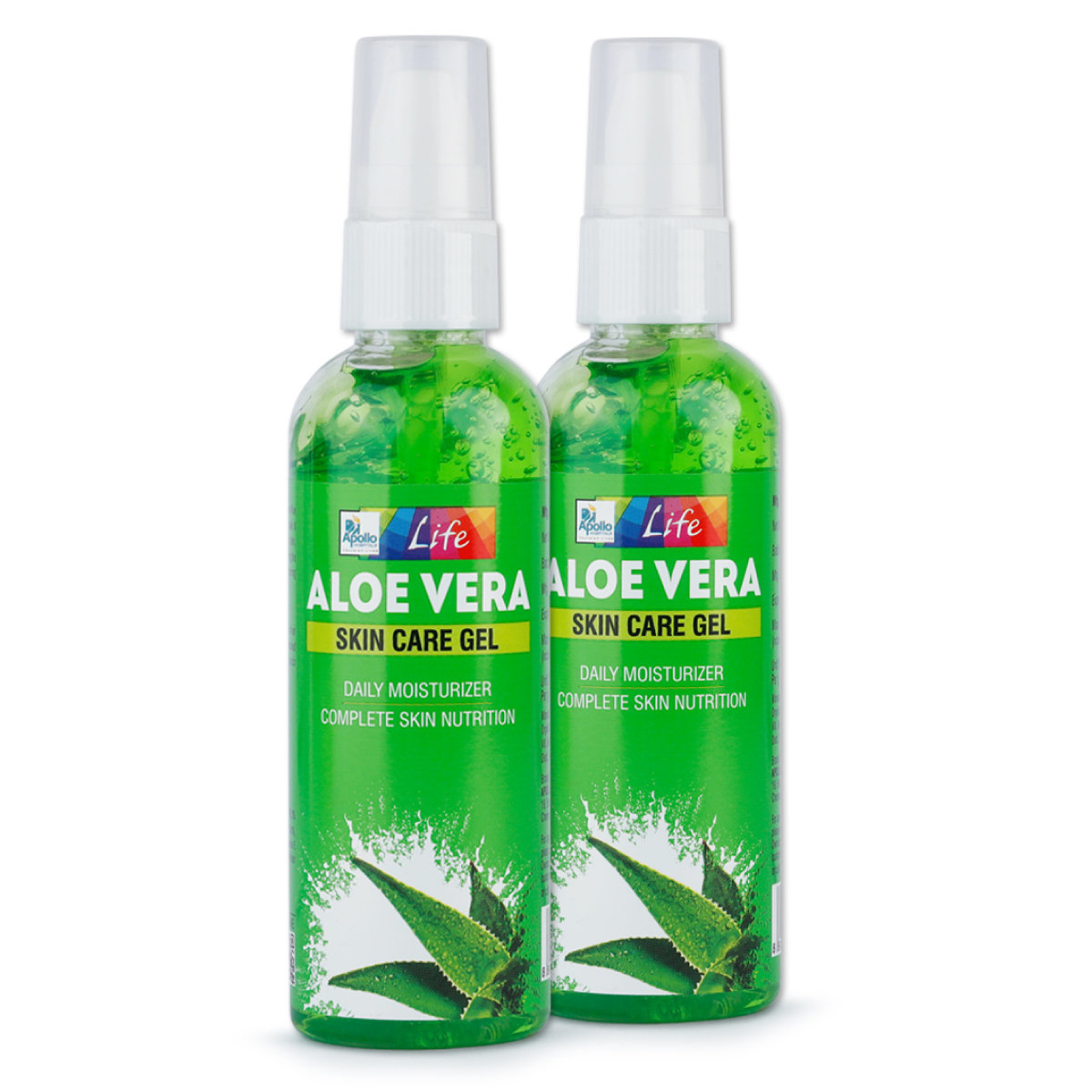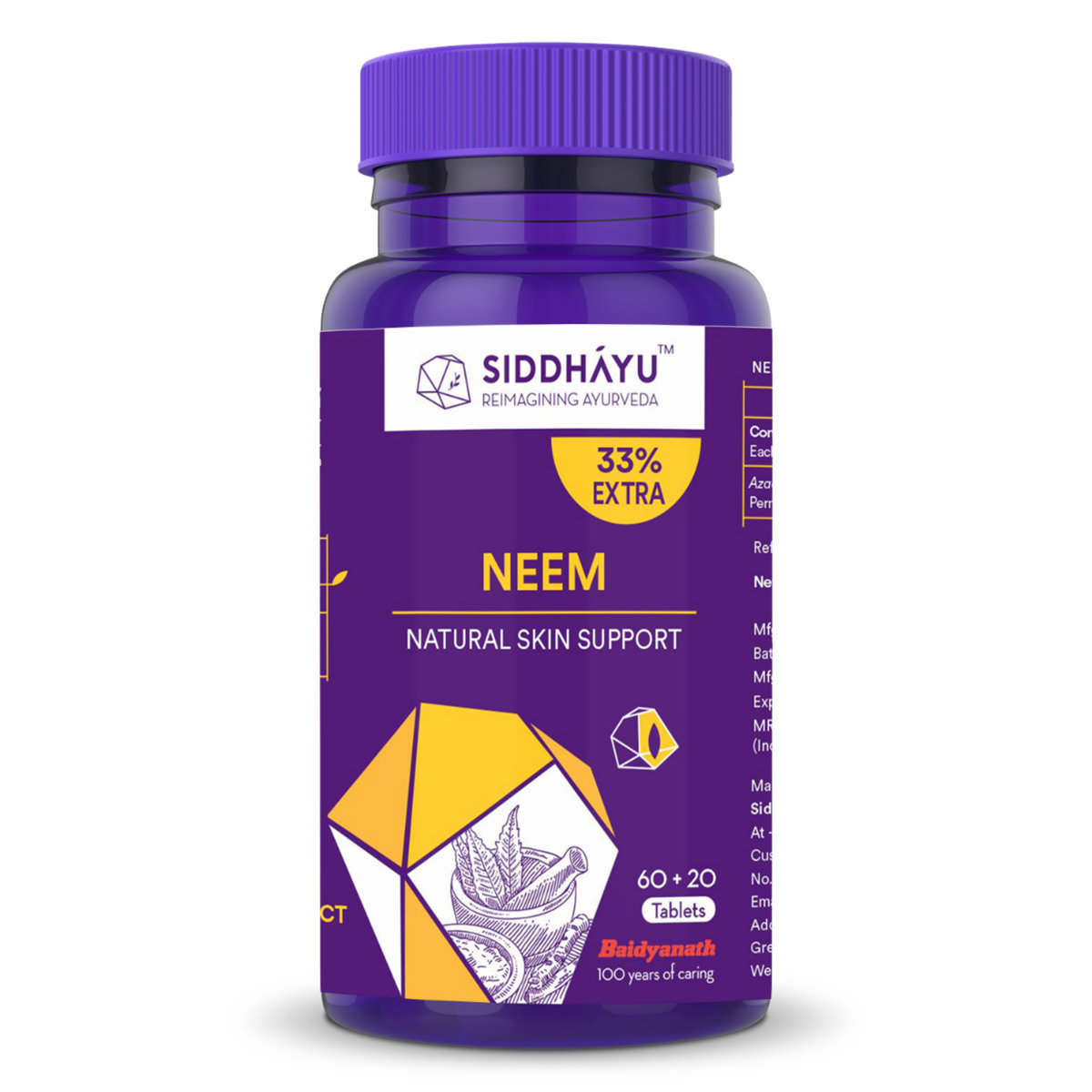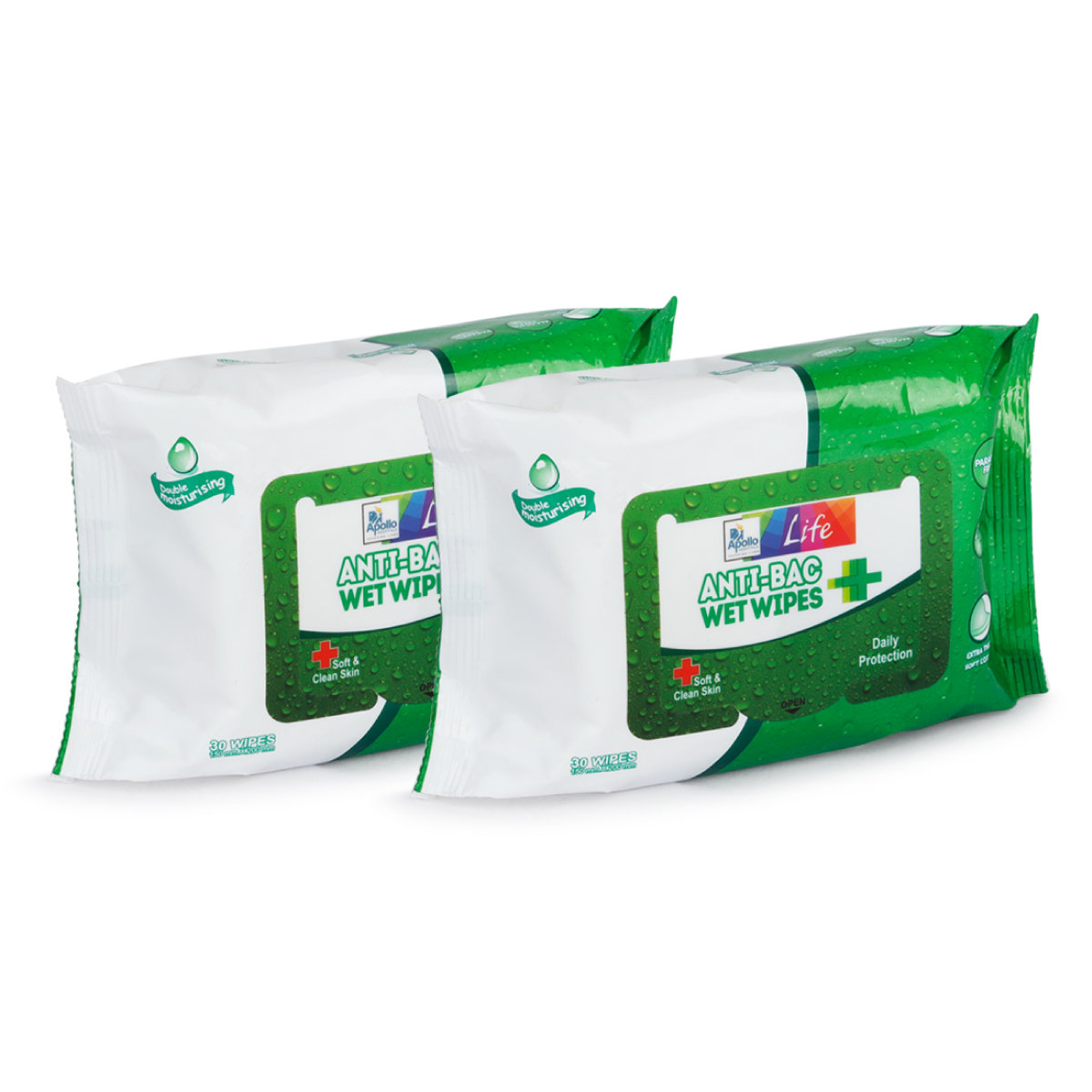Halosys S Ointment
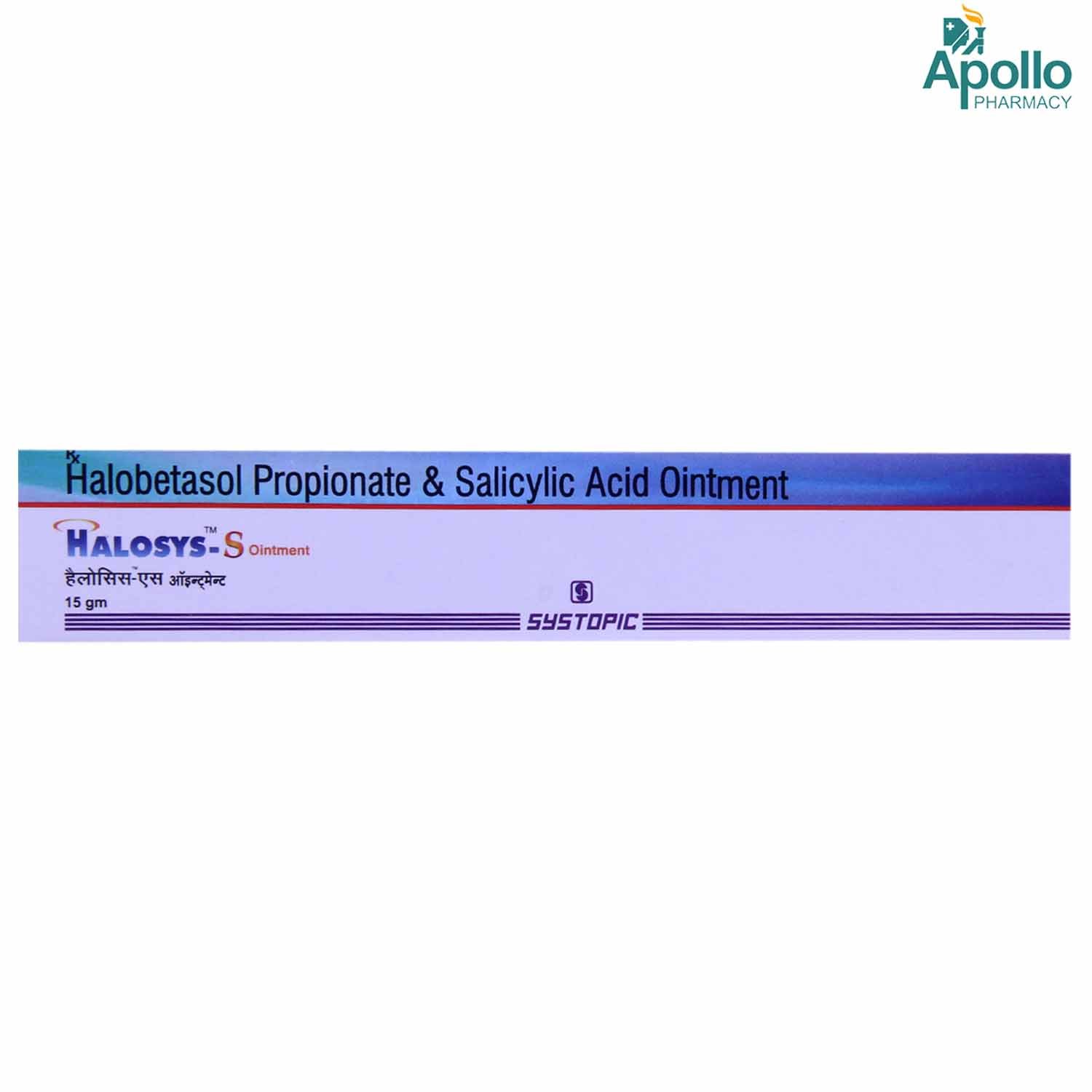
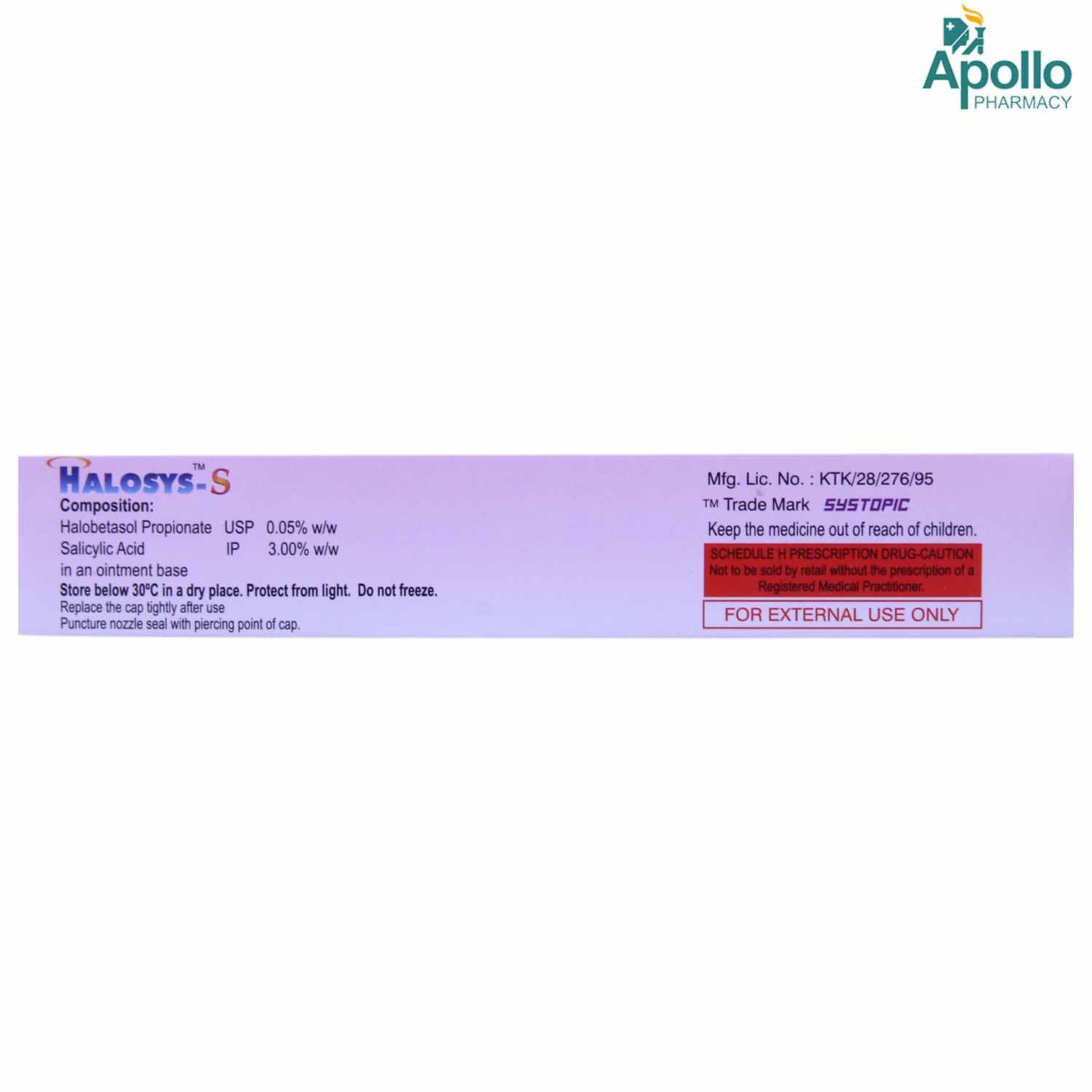
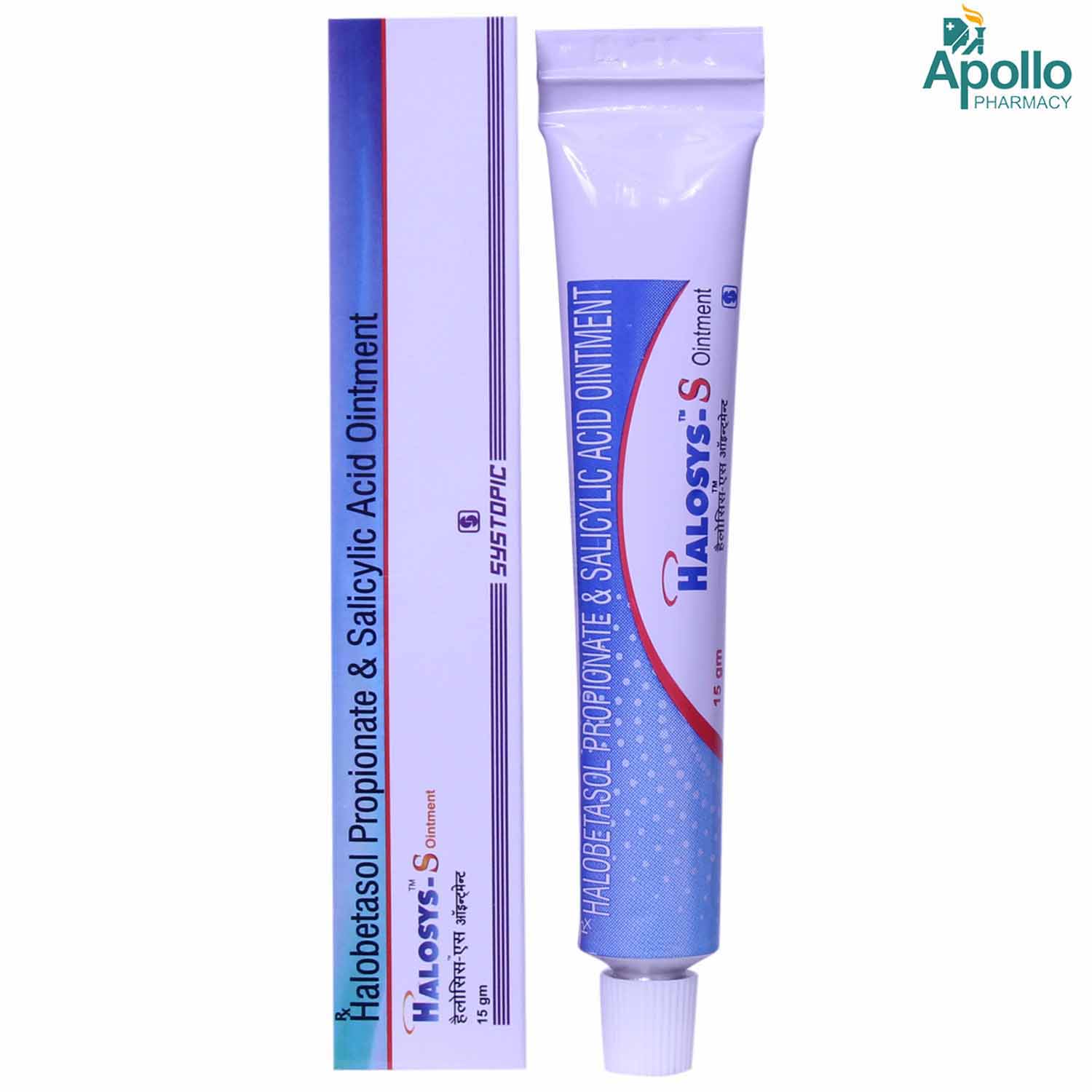
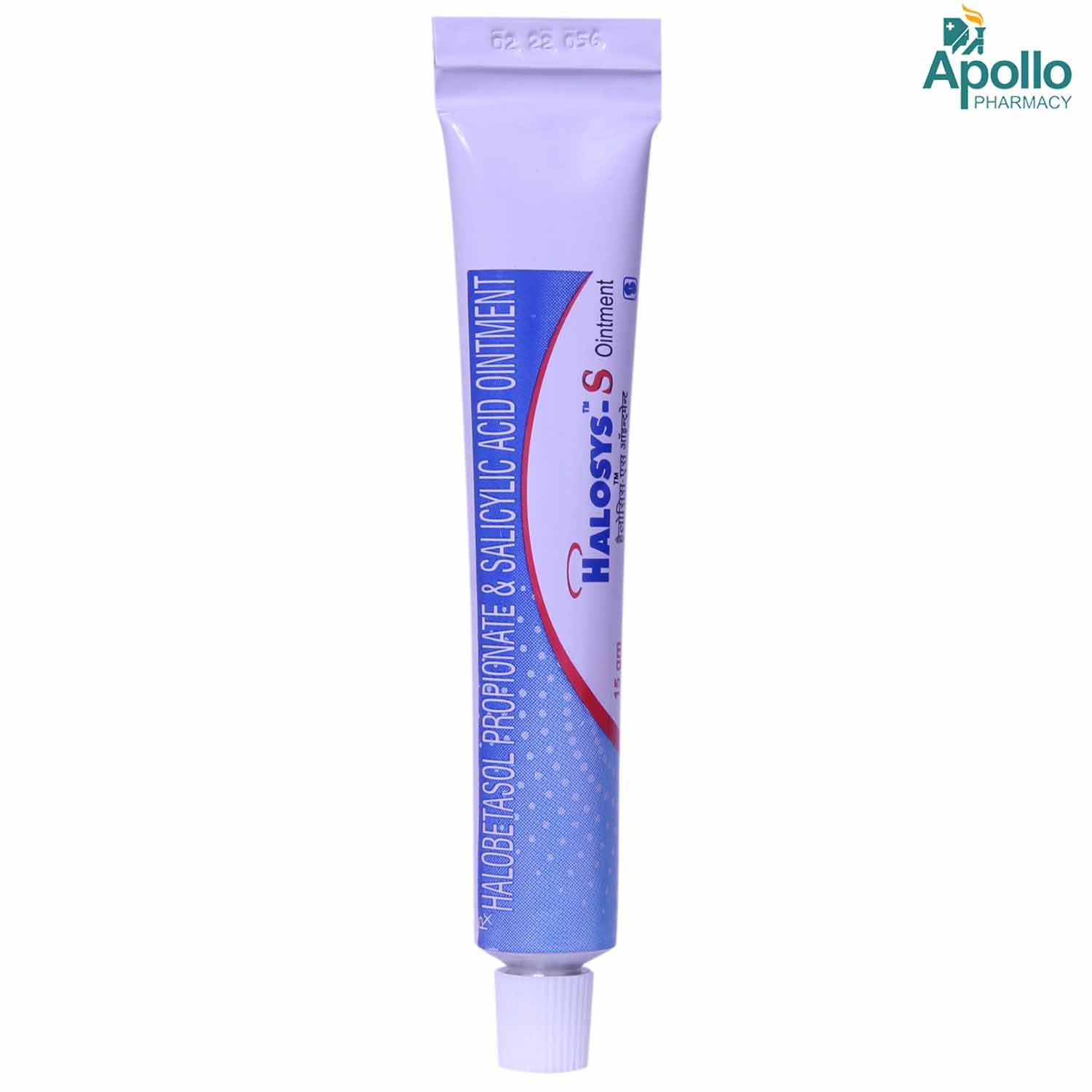
MRP ₹127.5
(Inclusive of all Taxes)
₹19.1 Cashback (15%)
know your delivery time
Provide Delivery Location
Composition :
Manufacturer/Marketer :
Consume Type :
Expires on or after :
Return Policy :

Secure Payment

Trusted by 8 Crore Indians

Genuine Products
Therapeutic Class
Country of origin
Disclaimer
Alcohol
Safe if prescribed
Alcohol may increase the risk of side-effects and worsen your health condition.
Pregnancy
Consult your doctor
Halosys S Ointment is a Category C pregnancy drug and is given to a pregnant woman only if the benefits outweigh the risks.
Breast Feeding
Consult your doctor
The excretion of Halosys S Ointment in human milk is unknown and is given to a breastfeeding mother only if the benefits outweigh the risks.
Driving
Safe if prescribed
Halosys S Ointment may not affect your ability to drive.
Liver
Consult your doctor
Halosys S Ointment should be used with caution in patients with liver diseases. The dose may have to be adjusted by your doctor.
Kidney
Consult your doctor
Halosys S Ointment can be used in patients with kidney diseases when prescribed by a doctor.
Children
Safe if prescribed
Halosys S Ointment is not recommended for children under 12 years of age children can absorb more amounts of medicine through the skin resulting in an increased risk of adverse effects.
Product Substitutes
About Halosys S Ointment
Halosys S Ointment belongs to the class of ‘dermatological agents’ primarily used in the treatment of skin diseases such as eczema and psoriasis. Eczema is a condition in which skin becomes red, itchy, and inflamed due to external agents such as soaps, dyes, or other irritants. Psoriasis is an autoimmune (immune system attacks healthy cells) skin disorder in which the skin becomes scaly, swelled up, and itchy.
Halosys S Ointment is a combination of two medicines: Halobetasol and Salicylic acid. Halobetasol belongs to the class of corticosteroids and it has anti-inflammatory, immunosuppressive, and antiproliferative (inhibit cell growth) properties. It blocks the production of prostaglandins (chemical messengers) that cause inflammatory symptoms such as red, swollen, and itchy rashes. Salicylic acid enhances the activity of halobetasol. It is a keratolytic medicine that breaks down the clumps of keratin (protein present on the skin), removes dead skin cells, and softens the skin. It also acts as an anti-inflammatory and topical antibacterial agent.
You should use this medicine as prescribed by your doctor. Halosys S Ointment may cause side effects such as itching, dryness, irritation, and burning sensation at the application site, stretch marks, headache, and cold symptoms such as stuffy nose or sneezing. These side effects usually do not require medical attention and gradually resolve over time. However, if you notice any other symptoms or the side effects persist longer, please consult your doctor.
Do not use Halosys S Ointment if you are allergic to Halobetasol, Salicylic acid, or any other ingredients present in it. Before taking Halosys S Ointment, inform your doctor if you have any type of skin infection, a skin reaction to any steroid medicine, an adrenal gland disorder, liver disease, or planning to have surgery. Halosys S Ointment should not be used in children under 12 years of age. Inform your doctor if you are pregnant or breastfeeding.
Uses of Halosys S Ointment
Medicinal Benefits Mweb
Key Benefits
Halosys S Ointment is a combination of two medicines: Halobetasol and Salicylic acid. Halobetasol belongs to the class of corticosteroids and it has anti-inflammatory, immunosuppressive, and antiproliferative (inhibit cell growth) properties. It blocks the production of prostaglandins (chemical messengers that cause the skin to become red, swollen, and itchy). Salicylic acid enhances the absorption of Halobetasol. It is a keratolytic medicine (softens, separates, and peels the horny layer of skin), which breaks down the clumps of keratin, removes dead skin cells, and softens the skin. It is also an anti-inflammatory and topical antibacterial agent.
Directions for Use
Side Effects of Halosys S Ointment
- Itching
- Dry skin
- Skin irritation
- Burning sensation
- Stretch marks
- Headache
- Cold symptoms such as stuffy nose or sneezing
Drug Warnings
Stop using Halosys S Ointment and inform your doctor immediately, if you notice any persistent skin irritation, worsening of the skin disease, high blood sugar (symptoms include increased thirst, increased urination, dry mouth), blurred vision, or other visual disturbances, or weight gain. If you are using Halosys S Ointment to treat plaque psoriasis, you should stop taking this medicine when your symptoms are improved. Do not use the medicine on the face, scalp, underarms, or groin area. Do not smoke or go near flames as there is a risk of serious burns with the salicylic acid present in Halosys S Ointment. Avoid using other topical medicines on the affected area while using Halosys S Ointment.
Drug-Drug Interactions
Drug-Drug Interactions
Login/Sign Up
Drug-Food Interactions
Drug-Food Interactions
Login/Sign Up
Drug-Diseases Interactions
Drug-Diseases Interactions
Login/Sign Up
Habit Forming
Diet & Lifestyle Advise
- Use mild soap while taking baths and prefer warm baths.
- Regularly change your socks and wash your feet. Avoid shoes that make your feet sweaty and hot.
- Do not walk barefoot at places like gym showers to prevent bacterial infections.
- Do not scratch the affected area of skin as it can spread the infection to other body parts.
- Avoid sharing towels, combs, bedsheets, shoes, or socks with others.
- Wash your bedsheets and towels regularly.
- Avoid or limit the intake of alcohol and caffeine.
- Manage stress, eat healthily, drink plenty of water, exercise regularly, and get plenty of sleep.
All Substitutes & Brand Comparisons
RX
Ultravex S3 Ointment 30 gm
Dr Reddy's Laboratories Ltd
₹230.5
(₹6.92/ 1gm)
9% CHEAPERRX
Halo S3 Ointment 20 gm
Yaher Pharma
₹168.5
(₹7.59/ 1gm)
RX
Habeta-S Ointment 30 gm
Skinocean Pharmaceuticals
₹262.5
(₹7.88/ 1gm)
3% COSTLIER

Have a query?
Buy best Dermatology products by
Glenmark Pharmaceuticals Ltd
Sun Pharmaceutical Industries Ltd
Klm Laboratories Pvt Ltd
Cipla Ltd
Canixa Life Sciences Pvt Ltd
Abbott India Ltd
Ajanta Pharma Ltd
Intas Pharmaceuticals Ltd
Dr Reddy's Laboratories Ltd
East West Pharma India Pvt Ltd
Alkem Laboratories Ltd
Atopic laboratories Pvt Ltd
Hegde & Hegde Pharmaceutica Llp
Brinton Pharmaceuticals Ltd
Torrent Pharmaceuticals Ltd
Amwill Healthcare Pvt Ltd
Leeford Healthcare Ltd
Palsons Derma Pvt Ltd
Oaknet Healthcare Pvt Ltd
Med Manor Organics Pvt Ltd
Micro Labs Ltd
Dermocare Laboratories Gujarat Llp
Fixderma India Pvt Ltd
Apex Laboratories Pvt Ltd
Mankind Pharma Pvt Ltd
Ipca Laboratories Ltd
Yaher Pharma
Systopic Laboratories Pvt Ltd
Menarini India Pvt Ltd
Ethinext Pharma
Nemus Pharmaceuticals Pvt Ltd
Skinocean Pharmaceuticals
Dermacia Healthcare
Inex Medicaments Pvt Ltd
Lupin Ltd
GlaxoSmithKline Pharmaceuticals Ltd
Talent India Pvt Ltd
Zydus Cadila
Kivi Labs Ltd
Zydus Healthcare Ltd
Hbc Dermiza Healthcare Pvt Ltd
Mrhm Pharma Pvt Ltd
Regaliz Medicare Ltd
Sol Derma Pharmaceuticals Pvt Ltd
Newtrimed Healthcare Pvt Ltd
Wallace Pharmaceuticals Pvt Ltd
Eskon Pharma
Glowderma Lab Pvt Ltd
La Pristine Bioceuticals Pvt Ltd
Mohrish Pharmaceuticals Pvt Ltd
Percos India Pvt Ltd
Rockmed Pharma Pvt Ltd
Macleods Pharmaceuticals Ltd
Praise Pharma
Ethicare Remedies Pvt Ltd
Kaizen Drugs Pvt Ltd
Aurel Biolife
Rely On Pharmaceuticals
Wockhardt Ltd
Galcare Pharmaceuticals Pvt Ltd
Elder Pharmaceuticals Ltd
Indiabulls Pharmaceuticals Pvt Ltd
La Med Healthcare Pvt Ltd
Biocute Life Care
Yap Bioceuticals
Yash Pharma Laboratories Pvt Ltd
Zee Laboratories Ltd
Apple Therapeutics Pvt Ltd
Adonis Laboratories Pvt Ltd
Albatross Healthcare Pvt Ltd
Galderma India Pvt Ltd
Prism Life Sciences Ltd
FDC Ltd
Alniche Life Sciences Pvt Ltd
Salve Pharmaceuticals Pvt Ltd
West Coast Pharmaceuticals Pvt Ltd
Dermarex HealthCare India Pvt Ltd
Arka Vital Science Pvt Ltd
Dermajoint India
Gary Pharmaceuticals Pvt Ltd
Grace Derma Healthcare Pvt Ltd
Karlin Pharmaceuticals & Exports Pvt Ltd
Skinska Pharmaceutica Pvt Ltd
Uniza Healthcare Llp
Alembic Pharmaceuticals Ltd
Cadila Healthcare Ltd
Cadila Pharmaceuticals Ltd
Cosmofix Technovation Pvt Ltd
Human Pharmaceuticals
Indolands Pharma Pvt Ltd
Lyra Laboratories Pvt Ltd
Akumentis Healthcare Ltd
Entod Pharmaceuticals Ltd
Iceberg Health Care Pvt Ltd
Jenburkt Pharmaceuticals Ltd
P and P Dermaceuticals Pvt Ltd
Dabur India Ltd
Indchemie Health Specialities Pvt Ltd
Olcare Laboratories Pvt Ltd
Unison Pharmaceuticals Pvt Ltd
BODY CREAM
Body Lotion
Face Cream
Shampoo
Sun Screen
Face Gel
Soap
Face Wash
HAIR SOLUTION
Face Serum
BODY GEL
Hair Lotion
Hair Serum
Dusting Powder
ANTISEPTIC
FACE CLEANSER
Face Lotion
Body Wash
Body Spray
Eye Cream
FUNGAL INFECTION
Foot Cream
Conditioner
Eye Gel
Cleanser
Hair Cream
Hair Oil
Face Mask
Hair Gel
Sanitizer
Hair Spray
Moisturiser
Skin Ointment
Lip Balm
Capsule
Eye Serum
Intimate Wash
Specialty Supplements
Hand Cream
Facial Spray
SPECIALITY SUPPLEMENT
Face Toner
MEDICATED SHAMPOO
Tablet
Talcum Powder
BABY SUNSCREEN
Body Butter
Body Scrub
DIAPER RASH CREAM
EYE SOLUTION
FACIAL WIPE
Gargle
Hand Wash
Intimate Spray
Lip Serum
Lubricant Gel
MEDICATED CREAM
Nail Polish
VITAMIN D
Frequently Bought Together
Customers Also Bought

